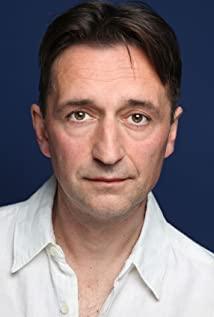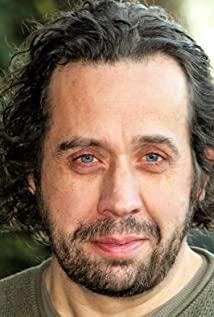Junior high school argumentation, three magic weapons: Helen Keller, Hawking, Edison.
After years of bluffing and deceiving under your old banner, it's time to give you justice.
When you yelled "time" to the professor, God must have heard it.
So he turned you into the singularity of time and space.
Time is twisted in you, and the body can no longer escape the gravitational force of thought, slowly collapsing towards it. You struggle, thinking that this is the end, but in fact, after this explosion, it is the beginning of the entire universe.
It's like amber envelops the living life, so under the eyes of thousands of people, only you can say: now I'm trying to prove I'm wrong.
Smart is sexy, the stubborn illness of Yan control is indeed one Good medicine.
The next time a teenager said to me: I want to find a theory that explains everything, it's time to put away his mocking eyes.
So the question is, does she love you?
"I have loved you". How to translate it properly? "Loved." . ? ? ! ! A look of terrible blood. . . This seems more appropriate "I did love you".
I have loved you. When finished. I have burned all my love for you. Since then, the whole world will love you for me.
This seems to be a romance film, but it is a narrative written by the junior high.
It seems to be saying that the power of love is great, but when everyone should be happy with the merits and rewards, they will carry the banner of anti-Qing and Mingming and debase themselves.
So when I heard the line "I have loved you", I was taken aback, thinking that I had misunderstood it. I'm used to the ending of the prince and princess living together happily ever after, but I can't accept that there is a kind of love called "forever and forever."
I remember someone commenting on Jobs this way: If Bill Gates retreats bravely, Jobs will come to an abrupt end. So, she will answer: here, that's enough.
View more about The Theory of Everything reviews











